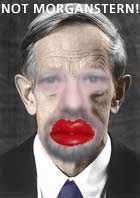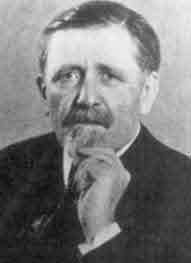Borel was born in Saint Affrique, France. He studied and taught at the Ecole Normale Supérieure. Aside from mathematics, Borel was active in politics, scientific popularization, and journalism. He was a member of the Chamber of Deputies (1924-36) as well as minister for the navy. His mathematical work mainly centered around analysis, measure theory, and probability.
 Oskar Morganstern
Oskar Morganstern
(1902-1977)



